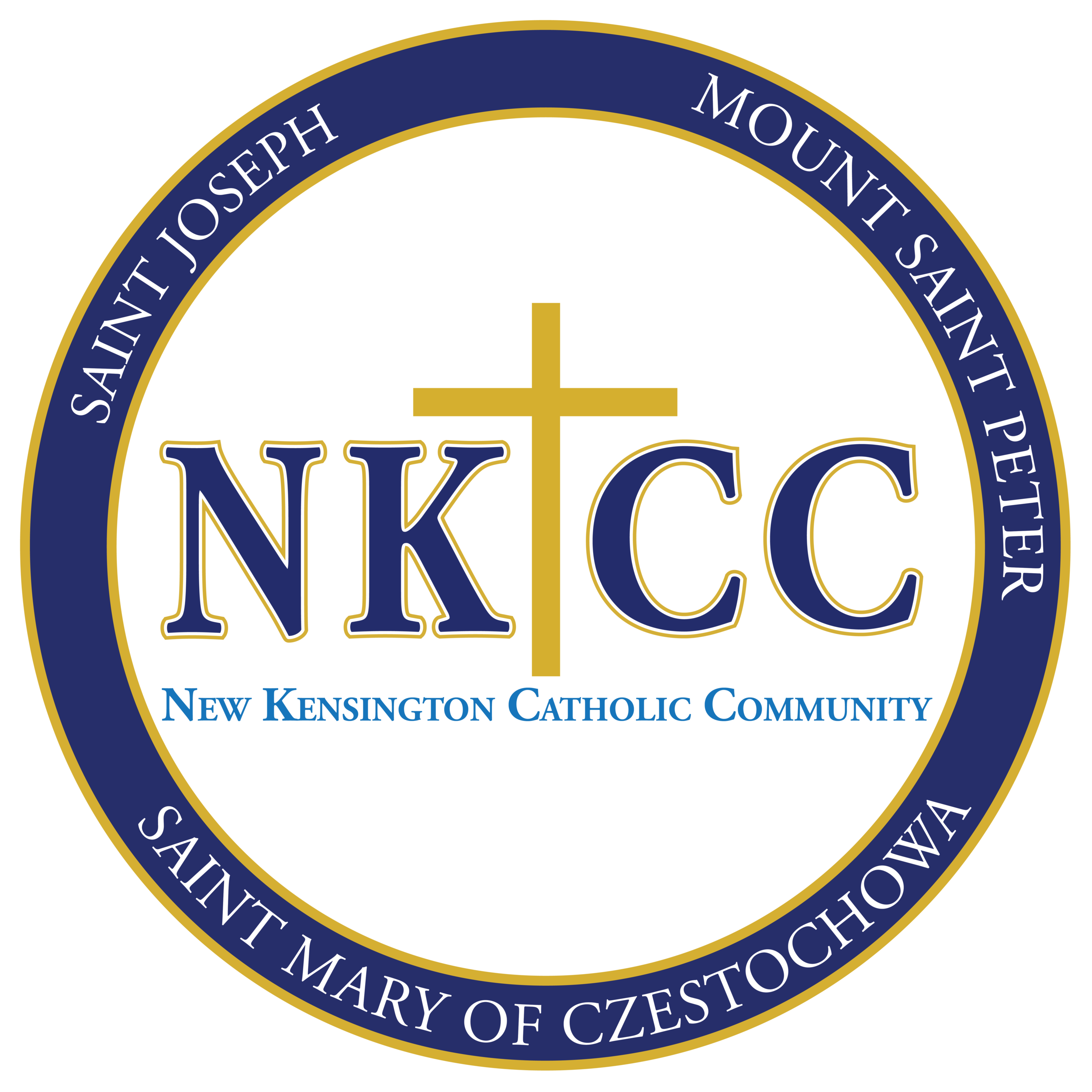Anointing of the Sick
The Sacrament of the Anointing of the Sick is one of the Seven Sacraments of the Catholic Church. Like the Sacrament of Reconciliation (Confession), it is a Sacrament of Healing.
The Anointing of the Sick has its roots in the healing mission of Jesus Christ, whose word and his very touch brought healing and life to the sick and afflicted. From its very beginnings, the Church has continued Christ's ministry of healing. "Is anyone among you sick?" the apostle James asked in the first century. "He should summon the presbyters of the church, and they should pray over him and anoint him with oil in the name of the Lord, and the prayer of faith will save the sick person, and the Lord will raise him up. If he has committed any sins, he will be forgiven" (James 5: 14-15).
Our understanding of this Sacrament has changed with time. In the early Church it was seen as a sacrament of healing, but later it came to be known as "Extreme Unction" - literally, "last anointing" - and was not administered until death was imminent. With the reforms of the Second Vatican Council, the Church has returned to the more ancient practice with regard to this Sacrament.
Who can receive this Sacrament?
Catholics, both children and adults, who are seriously ill, facing surgery, or experiencing the weakness that comes with old age should seek this Sacrament.
What happens during the Rite of Anointing?
The Rite of Anointing can be celebrated in the context of Mass or separately, as part of a Liturgy of the Word. Ideally, the Sacrament is celebrated in the presence of a community - whether in a church setting with the parish community, or in a smaller community of family, friends, or caregivers, in a home, hospital, or other institution.
The rite itself is quite simple. The priest welcomes the sick person and those present. A penitential rite and opening prayer are prayed, and the scriptures are shared.
After a brief homily, the Liturgy of Anointing begins. The priest leads a litany in which all pray for the healing and forgiveness of the sick person, as well as for doctors, nurses, and caregivers. Then, in silence, the priest lays his hands on the head of the sick person.
After the laying on of hands, the sick person is anointed with the Oil of the Sick (pure olive oil, blessed each year by the Bishop at the Chrism Mass). The sick person is anointed on the forehead and then on the hands, and simple words accompany the anointing: "Through this holy anointing may the Lord in his love and mercy help you with the grace of the Holy Spirit. May the Lord who frees you from sin save you and raise you up." A concluding prayer follows. If the Sacrament takes place in the context of the Mass, the Liturgy of the Eucharist continues as usual.
What happened to "last rites"?
We no longer use the terms "last rites" or "extreme unction" in speaking of the Church's prayer with the dying. But even though the terms are no longer used, the Church retains her ancient custom of preparing people for death and praying with and over them in their last moments.
In addition to the Sacrament of Anointing of the Sick, the dying should receive Viaticum if they are able. Literally "food for the journey," Viaticum is the last Holy Communion of the dying person. While only a priest or bishop may confer the Sacrament of the Anointing of the Sick, a deacon or lay minister may give Viaticum and pray the Church's prayers for the dying when no priest is available.
What are the effects of the Sacrament of Anointing of the Sick?
The United States Catholic Catechism for Adults explains: "When the Sacrament of Anointing of the Sick is given, the hoped-for effect is that, if it be God's will, the person be physically healed of illness. But even if there is not physical healing, the primary effect of the Sacrament is a spiritual healing by which the sick person receives the Holy Spirit's gift of peace and courage to deal with the difficulties that accompany serious illness or the frailty of old age." The spiritual fruits of the Sacrament are many:
Union of the sick person to the passion of Christ. For Christians, suffering is not useless, nor is it devoid of meaning. Rather, Christ's suffering on the Cross gives meaning to our suffering, which can be a source of grace for ourselves and for the Church. As St. Paul said, "I rejoice in my sufferings for your sake, and in my flesh I am filling up what is lacking in the afflictions of Christ on behalf of his body, which is the church" (Colossians 1: 24). Cardinal Joseph Bernardin of Chicago echoed this sentiment when he was dying of cancer. "In an age like our own," he wrote, "marked in part by the quest for instant relief from suffering, it takes special courage to stand on Calvary. Uniting our suffering with that of Jesus, we receive strength and courage, a new lease on life, and undaunted hope for the future."
Giving the sick person the strength, peace, and courage to endure the sufferings of illness or old age.
Imparting the forgiveness of sins.
Providing restoration of health, in accord with God's will.
Helping the sick person to prepare for passing over to eternal life.

